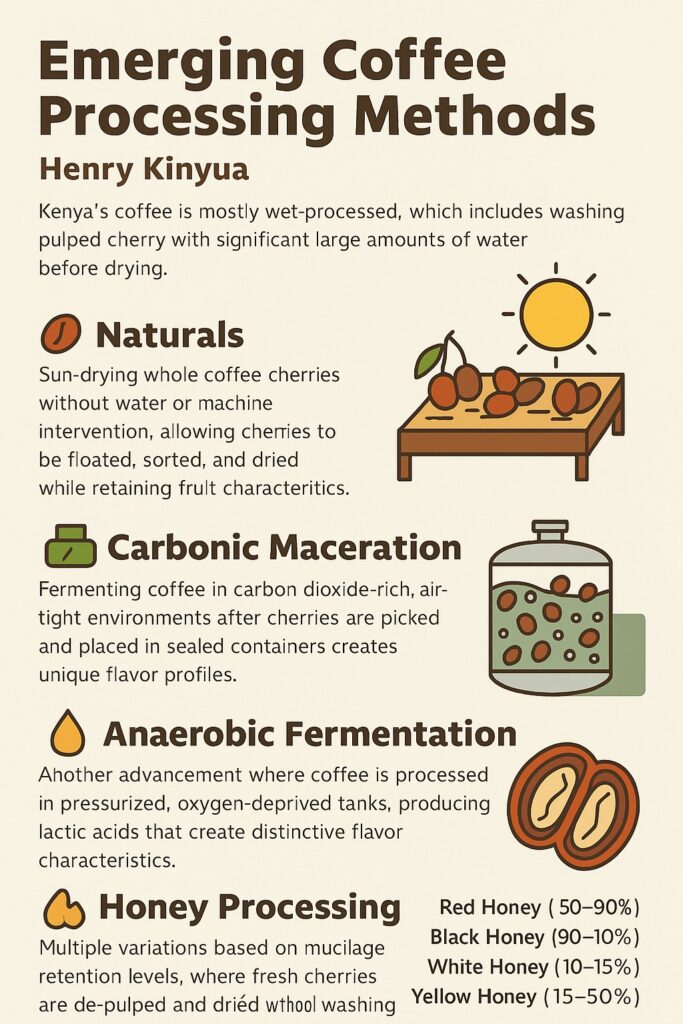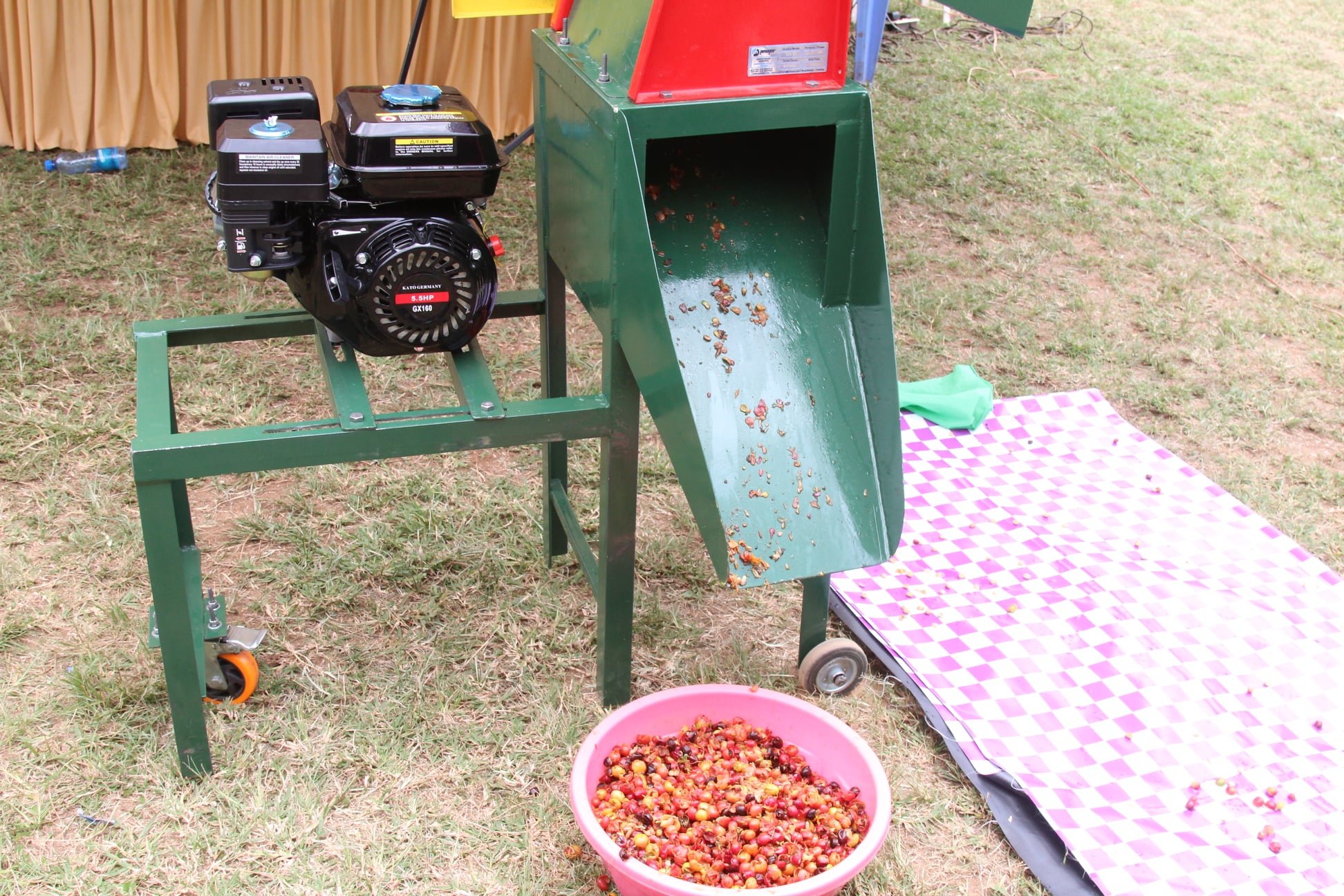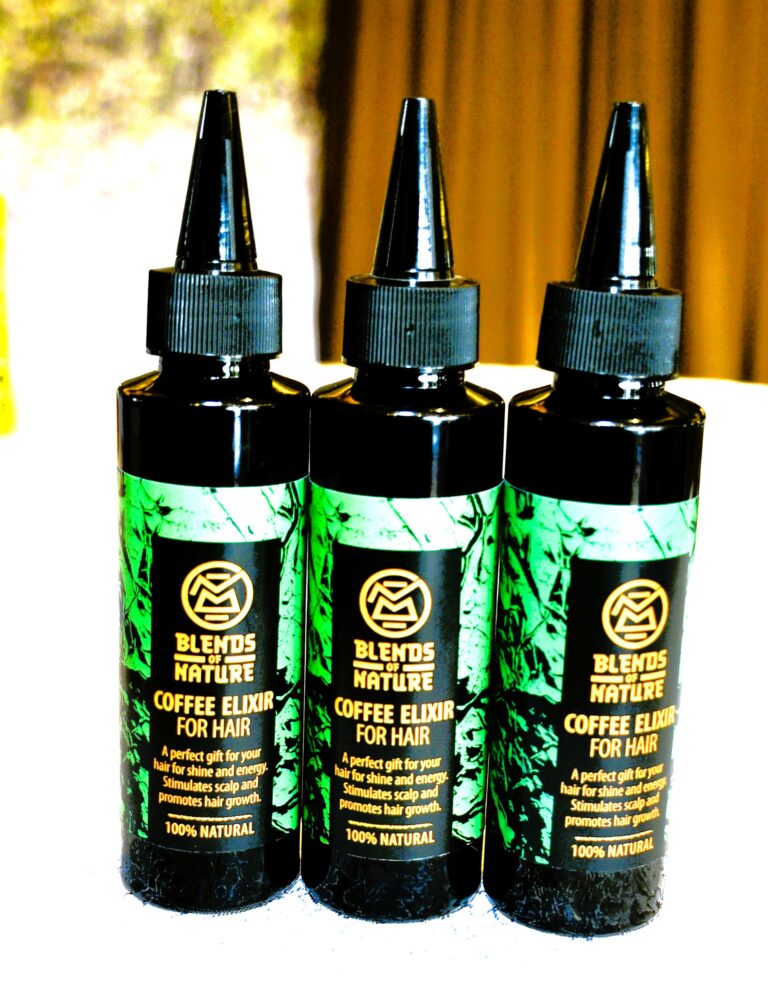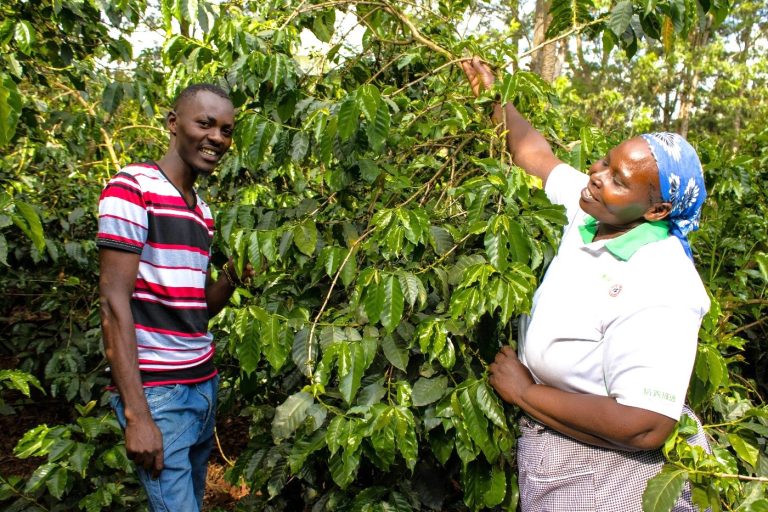By Henry Kinyua
Traditionally, Kenya’s coffee is wet processed, a method that involves washing pulped cherries with large volumes of water before drying. However, the industry is evolving as global market dynamics and consumer preferences shift toward more distinct and complex flavour profiles.
As a result, some Kenyan growers are adopting innovative and alternative processing methods to meet this growing demand. These emerging methods include:
1. Natural (Dry) Processing
In this method, whole coffee cherries are sun-dried without the use of water or mechanical intervention. Cherries are typically floated and sorted before being dried, allowing them to retain their fruit characteristics and impart unique flavours to the cup.
2. Carbonic Maceration
This technique ferments the coffee in sealed, carbon dioxide-rich containers. Cherries are placed in airtight tanks shortly after harvest, where the lack of oxygen promotes unique microbial activity, resulting in vibrant and exotic flavour profiles.

3. Anaerobic Fermentation
Coffee is processed in oxygen-deprived (anaerobic) environments, often under pressure. This method encourages the production of lactic acid, which contributes to complex and distinctive taste characteristics.
4. Honey Processing
Honey processing involves de-pulping fresh cherries and drying them without washing, thereby retaining part of the mucilage, the sticky layer surrounding the bean. The amount of mucilage retained defines the sub-category:
White Honey: 10–15% mucilage
Yellow Honey: 15–50% mucilage
Red Honey: 50–90% mucilage
Black Honey: 90–100% mucilage
Each variant produces a different intensity of sweetness, acidity, and body in the final cup.
These alternative processing techniques offer greater flexibility to farmers, especially those located far from traditional wet mills, and can also serve as climate-resilient solutions in regions experiencing water scarcity.
Important Note
Before adopting these alternative methods, growers must secure a committed buyer in advance. Without prior market linkage, such coffee risks being classified as Buni (low-grade coffee), which fetches significantly lower prices in the market




